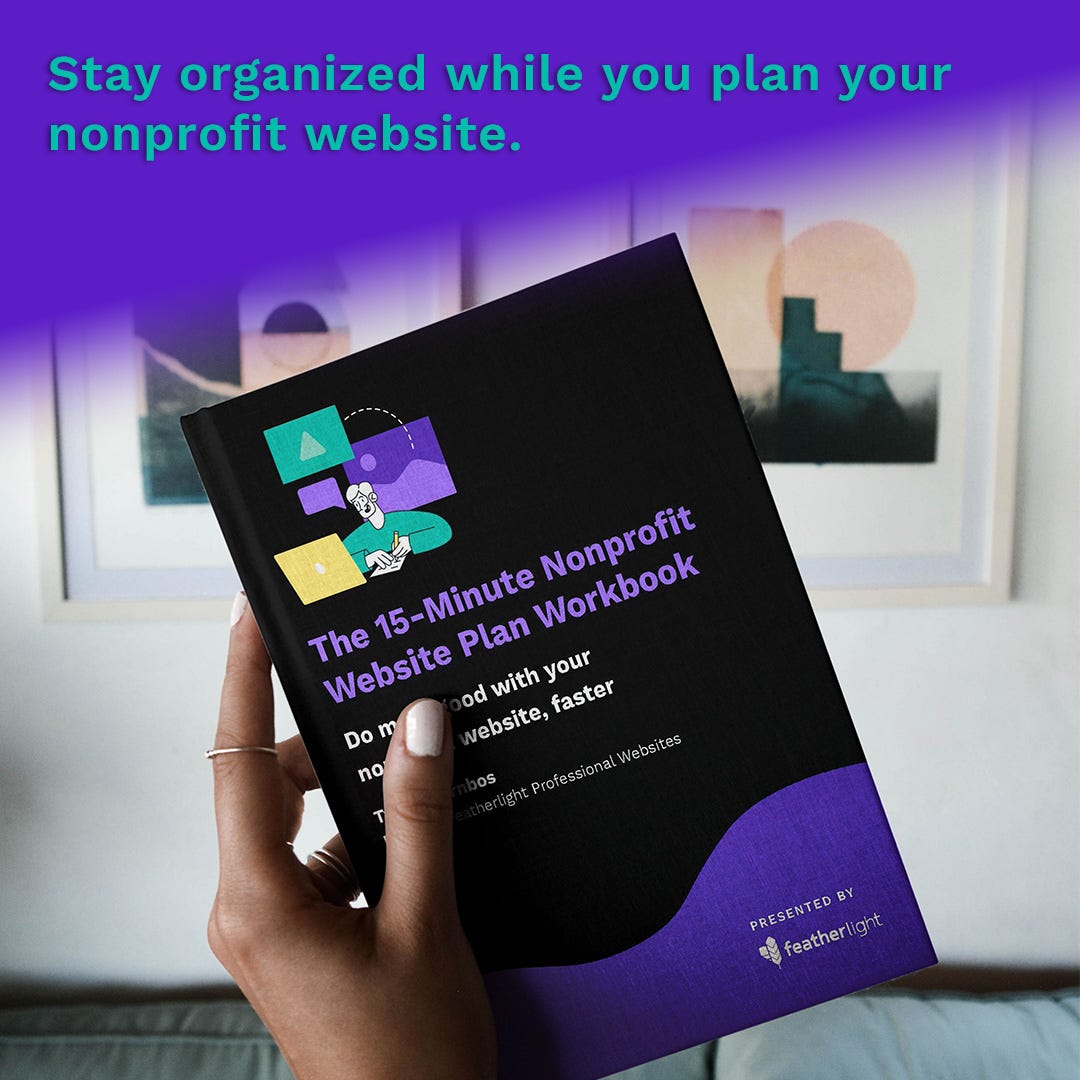Here’s another thing they don’t teach you in college: adult life can be very lonely. Ezra Klein’s podcast calls this condition a Quiet Catastrophe in a world of too many connections and too few friends. Surgeon General Dr. Murphy calls loneliness an epidemic. Some studies even compare loneliness to smoking 15 cigarettes a day. But let’s talk about one place loneliness can get really intense: among rising professionals working remotely.
I learned about the loneliness of working from home (WFH) while interviewing Gen Zs and millennials about the first ten years of their career. One interviewee told me that she had felt lonely in every job she’s ever held. She said this during the Great Resignation, when so many were switching jobs faster than consumers switched from Prime to Hulu to Peacock. Another rising professional told me she’d taken a remote job with a firm where her boss didn’t read more than 2 lines of any email. This managerial hurry, along with scanty contact with coworkers, forced her to keep her questions brief and her guesswork shrewd. But it was hard being so lonely. She especially hated it when she laughed at what she took to be somebody’s emailed joke and then saw their faces in a Zoom meeting and realized, Oh, they weren’t joking at all.
Remote work can disconnect you from coworkers. It can also make you isolated in your own household. It’s a paradox that WFH can feel loneliest with a live-in partner.
Here's a quick story about what I mean.
Last year, I lived on my lonesome after taking a new job in a new state, moving to a new apartment several months ahead of my partner. I sent her a Spotify playlist called Remotely Married, figuring that what we’d feel pretty sad over the next few months. It wasn’t easy.
When my spouse finally moved back in with me, I thought happy days had come again. She works remotely for a tech company. I’m a professor with lots of discretionary time. So now, I figured, we could enjoy WFH in cozy togetherness. After all, there’s lots to celebrate about remote work. For one thing, it blurs the nineteenth-century boundary between masculine work in public and feminine domesticity in private. Everybody’s in it together—which allows time for both sides of a partnership to walk the dog and run the errands and tend the plants. If you’re around, your housemate can go for a run while the rice is cooking or the kids are napping.
So, you can imagine my surprise—to coin a phrase—when my spouse told me not to plan on WFH. “You have a nice office outside the house,” she said on her first day together in our new hometown, “You should go there.”
Although what she said stung a little, I’ve come to see its wisdom. If I had stayed at home, writing my book, preparing for classes, holding remote meetings with colleagues, she and I would be pretty much the only people we saw all day and all evening. We would be each other’s main disruptions. We would be the people passing in the hall with a just-gotta-pee smile. I mean, if you’re like me, you’re kind of amazing to live with. But still, that business of it’s-just-us-here brings its own kind of loneliness.
The wisdom of shooing me out of the house came clear to me when a friend of mine texted me, just this week, to say that remote work was hard on her relationship with her partner. “We handle it pretty well, but we actually both talk about missing office life, and coming home and telling each other about our day.” Her text was a reminder of a strange little truth: when it comes to remote work, we need richer social circles than the nuclear family provides.
Time for a mode switch.
Many of us have to do remote work. Many of us want to live with partners or mates, too. How do you seek out more community to take pressure off your in-house besties? Here are a few ideas.
1. Frequent your third places, or those spaces like a library, church, museum, or park, where you’re with other people than your intimates. These days WFH has collapsed our second place (work) into our first place (home), which means that we really, really need a third place to open up breathing space in nuclear family relationships. (But watch out: remote work quickly pervades even third places with texts from managers, emails from coworkers, and Teams calls from committees.)
2. Befriend your weird mind. One of the functions of therapy is to help you recognize that you are not your thoughts and feelings. Sometimes, you just have to make friends with your own weird mind, which is forever generating all these crazy stories about the people you’re living with. There’s a psalm in the Old Testament that says, “I have stilled and quieted my soul like a weaned child,” and that sounds about right for the way I have to treat my own anxious brain.
3. Invite other people to go for walks—if they’re within reasonable driving distance. I’ve been doing this all summer, a little ridiculously, sending people formal Microsoft Outlook invitations to go for a stroll around a nearby lake. And once we get over the weirdness of clicking “accept” on a midday stroll, it works pretty well. Being on your laptop all day, even staring in the someone’s gaze through your webcam, means missing out on the peculiar gift of walking next to someone, eyeing the path ahead, and letting the talk unfurl.
4. Keep notes all day about stuff to tell your housemate. This is going to look silly, but do it: slap a sticky note down next to your plate of leftovers each night at supper—a list of stories about the bananas things you saw and did that day. The goal here is to pique their curiosity not to insist on their emotional availability. Put differently, you want your partner, or whoever, to look forward to talking with you just because you have an eye for the curios of everyday life. Nobody’s crazier than people, Walker Percy once said. Your eye for daily work-quirk is a gift.
You can probably think of still more ways do what Sheila Liming recovers as the vital practice of Hanging Out with people not in your house. I’m still riding my bike to the office each day and coming home with stories about the guy in the big-ass pickup that bellowed out his window, “You need to learn the rules of the road!” My partner still works her corporate job in her den upstairs. But she’s also taken a second part-time job, just for fun, at a local, niche grocery story that serves a diverse clientele. I tease her about this: she has several advanced degrees, and here she is cutting high-end sausage and cheese for millennials and oldsters just before supper on Tuesday and Thursday afternoons. Our daughter says, “Mom, you’re a glorified lunch lady.” But she can’t be dissuaded. “I get paid to see people,” she says.
-craig






